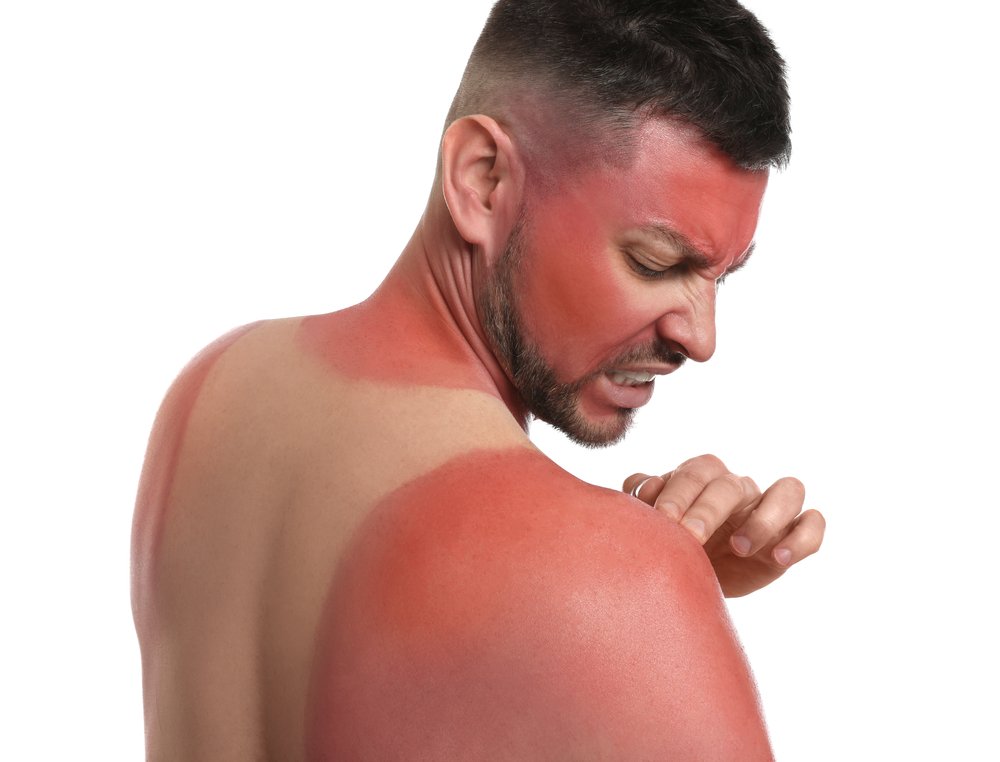Depth Analysis of Seasonal Remedies for Spring
Spring is a beautiful season, but it also brings a host of seasonal allergies and health issues. Understanding and managing these can significantly improve your quality of life. Here’s an in-depth look at seasonal remedies, their importance, and practical tips to keep you healthy and comfortable during spring.


Why Seasonal Remedies are Crucial :
- Prevalence of Allergies: Spring is notorious for triggering allergies due to pollen from trees, grasses, and weeds. Millions of people suffer from symptoms like sneezing, runny nose, itchy eyes, and congestion.
- Impact on Daily Life: Allergies and other seasonal ailments can disrupt daily activities, reduce productivity, and affect overall well-being.
- Natural and Preventive Approaches: Understanding natural remedies and preventive measures can reduce reliance on medications and their potential side effects.

Details for Seasonal Remedies for Spring Allergies
1. Start Early with Antihistamines
- Function: Antihistamines work by blocking histamines, chemicals in the body that cause allergy symptoms like itching, sneezing, and runny nose.
- Timing: Begin taking antihistamines a few weeks before spring starts, ideally before pollen levels peak.
- Forms: Available in various forms, including tablets, liquids, and nasal sprays.
- Examples: Loratadine (Claritin), cetirizine (Zyrtec), and fexofenadine (Allegra).
Why It Matters: By starting antihistamines early, you can prevent the onset of symptoms rather than just treating them after they appear. This proactive approach can make a significant difference in how you experience spring.


2. Utilize Nasal Corticosteroids
- Function: These sprays reduce inflammation in the nasal passages, providing relief from congestion, runny nose, and sneezing.
- Usage: Use daily for best results, particularly during high pollen days.
- Examples: Fluticasone (Flonase), budesonide (Rhinocort), and mometasone (Nasonex).
Why It Matters: Nasal corticosteroids are highly effective in controlling severe nasal symptoms. Regular use during spring can help you stay comfortable, even on days when pollen counts are high.
3. Practice Regular Nasal Irrigation
- Function: Nasal irrigation with saline solutions helps remove pollen and other allergens from the nasal passages, reducing symptoms and discomfort.
- How to Use: Use a neti pot or a saline spray to rinse the nasal passages daily, especially after being outdoors.
- Benefits: Reduces congestion, clears mucus, and helps prevent the accumulation of allergens.
Why It Matters: Regular nasal irrigation is a natural, drug-free way to manage spring allergy symptoms. It’s a simple practice that can provide significant relief, particularly when done consistently.

4. Invest in an Air Purifier
- Function: Air purifiers with HEPA filters trap pollen and other airborne allergens, reducing indoor allergen levels.
- Placement: Use in bedrooms, living rooms, and other areas where you spend most of your time.
- Benefits: Helps maintain a pollen-free indoor environment, which is crucial during the high-pollen spring season.
Why It Matters: Air purifiers create a safe haven from pollen inside your home, allowing you to breathe easier and sleep better during allergy season.


Key Points for Your Readers
- Be Proactive: Start implementing remedies before pollen season peaks to stay ahead of symptoms.
- Combine Treatments: Mix over-the-counter options with natural remedies for a more comprehensive approach.
- Monitor Pollen Counts: Stay informed about local pollen levels and adjust your activities and remedies accordingly.
- Consistency is Key: Regular use of these remedies can help manage symptoms more effectively throughout the season.
Conclusion
Spring is a beautiful season, but it can also be challenging for those who suffer from pollen allergies. By understanding and applying seasonal remedies, your readers can take control of their symptoms and enjoy all that spring has to offer. Whether it’s starting antihistamines early, using nasal corticosteroids, or incorporating natural remedies like local honey and herbal teas, these strategies offer effective relief and make spring a more pleasant and enjoyable time of year.